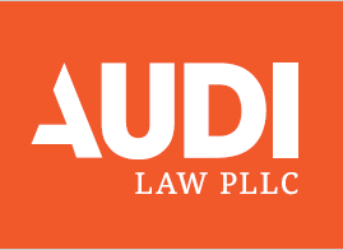It’s a question that many Pennsylvanians face: Would I be better off financially if I pursue bankruptcy?
The reality is that many people live paycheck to paycheck, meaning they are one life crisis away from financial devastation. Even if you aren’t experiencing a crisis, it may seem impossible to dig yourself out of debt when you have so many different bills to pay.
Bankruptcy can mean a clean financial slate in certain circumstances. You will want to carefully review the state and federal exemptions to determine what assets such as real estate, vehicles or personal property you might be able to retain. Keep in mind that bankruptcy will not resolve your student loan debts, tax liens, alimony or child support obligations, but it can make those debts easier to repay because of the additional financial breathing room you gain.
What debts are eliminated with bankruptcy?
When you file for bankruptcy, the judge may discharge your unsecured debts. These include credit cards, payday loans, medical bills, utility bills and other loans that were not secured with collateral assets. Because these debts are not secured, they tend to have higher interest rates which make them all the more suffocating to the borrower.
Generally speaking, you can’t eliminate your secured debts (like a car loan or a mortgage) without letting go of those items, although it may be possible to renegotiate the terms of your loans while you’re in bankruptcy.
The opportunity for a financial reset after bankruptcy debt can offer significant mental relief. It can give you a chance to approach your fiscal fitness with focus, intention and discipline so you can make skillful decisions about your money.
A Chapter 7 bankruptcy is a significant undertaking. An experienced attorney will inform and guide you so you can regain your confidence and your financial freedom.

